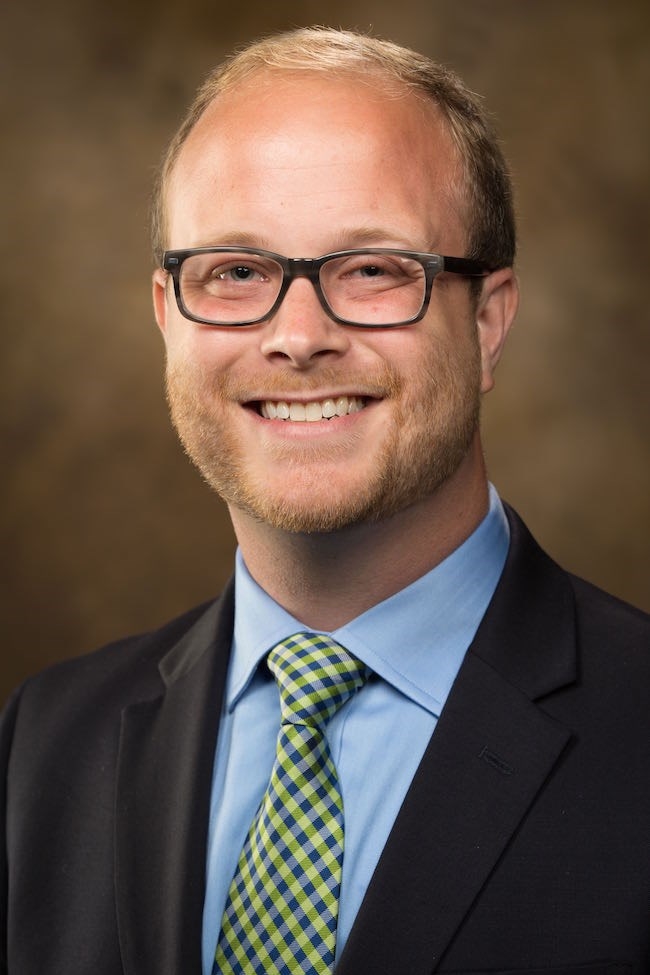FAYETTEVILLE, Ark. – Disaster, crisis, and risk communication is imperative at this time of global uncertainty. In order to help promote effective means of communication during the COVID-19 pandemic, the journal Communication Research has curated an "Editor's Collection" of recent articles that pertain to disaster, crisis, and risk communication.
The work of University of Arkansas Department of Communication professor Matthew Spialek has been included among those articles. He is co-author of "The Development and Initial Validation of the Citizen Disaster Communication Assessment," along with J. Brian Houston of the University of Missouri.
In this article, Spialek and Houston note the shift from a government-centric model of disaster communication by the federal government to a more "Whole Community" approach that requires broad participation from individual citizens, community organizations and local governments.
But is the role of interpersonal communication between individuals in a disaster properly appreciated and weighted in this updated approach? Spialek and Houston make the case that "Whole Community disaster management approaches would be strengthened by utilizing an ecological disaster communication perspective that incorporates micro-level community communicative sources and activity."
In short, individuals have a key role to play in dispelling rumors, mitigating damage, confirming the status of a disaster, and connecting with others to let them know they are safe, among other critical functions.
Spialek and Houston spend the bulk of the paper advocating for, and validating, a Citizen Disaster Communication Assessment (CDCA), which measures citizen communication across all phases of a disaster. Ultimately, they confirm the critical role of individual communication in a disaster and argue that scholars should "incorporate citizen disaster communication as central component of formal disaster communication initiatives."
In summation, Spialek explained that "the CDCA is intended to be an all-hazards scale, which means that researchers could use the measure to assess how people are communicating through different types of disasters including pandemics. By using this survey tool, researchers, community leaders, and public health officials can use that data to develop interventions and campaigns with the goal of increasing communication processes that facilitate healthy, protective behaviors."
Connecting his findings to the current pandemic, Spialek went on to say, "it is important that people feel like they have meaningful things to do during a disaster and are empowered to help. Because we are physically distancing, our need to maintain connection with one another is imperative. So whether it be checking in on someone who may be lonely, thanking essential workers, or correcting misinformation about the virus on our personal social media, our communication becomes a way for us to be a part of the disaster response and recovery at a time when individuals feel disempowered because they are staying at home."
Topics
Contacts
Margaret Butcher, clinical assistant professor
Department of Communication
620-338-5837,
Hardin Young, assistant director of research communications
University Relations
479-575-6850,
